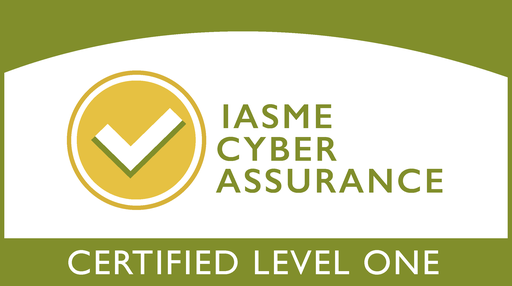Home / IT Support / Microsoft Office 365 Migration
Microsoft Office 365 Migration
Fresh Mango Technologies has extensive experience in Microsoft Office 365 migration projects.
Microsoft Office 365 is cloud based email. Previously email was configured using Microsoft Exchange Based on a server. This created many problems not least of which was if your server went down or was offline for any reason your email went with it.
That’s one of many reasons that businesses are moving their email through Microsoft Office 365 migration. Whilst setting up an Microsoft 365 account is straightforward, you and your staff will likely need to have access to all your previous emails. Moving these emails across to your new Microsoft Office 365 account is called migration, and we will be pleased to assist you with your Microsoft Office 365 migration.
We have conducted numerous Microsoft Office 365 migrations for companies. It requires careful planning and management and is not an ‘overnight’ task. Contact Fresh Mango today to find out more and to arrange your Office 365 migration.
About Microsoft 365
Microsoft 365 provides more than just email service – if you want it. You can add on Microsoft Office software to your subscription list – Word, Excel, PowerPoint and so forth. The beauty of this is you never have to pay for another licence for your office software nor pay extra to upgrade your office software. You will always have the latest version of Microsoft Office.
With the advent of enforced working from home and social distancing rules, the video software and collaborative working elements of Microsoft 365 have come into their own space. Microsoft Teams is now the predominant business-based means of communicating with video conferencing for geographically dispersed teams.
Microsoft 365 is equipped with its own cloud file storage system called OneDrive. Like any old cloud file storage systems, it is very convenient but does require careful management, especially when files and folders are shared across multiple members of staff. OneDrive and other cloud file storage systems such as Dropbox and Google docs are not a substitute for managed folders, files and software deployment that businesses would typically deploy with a server.

